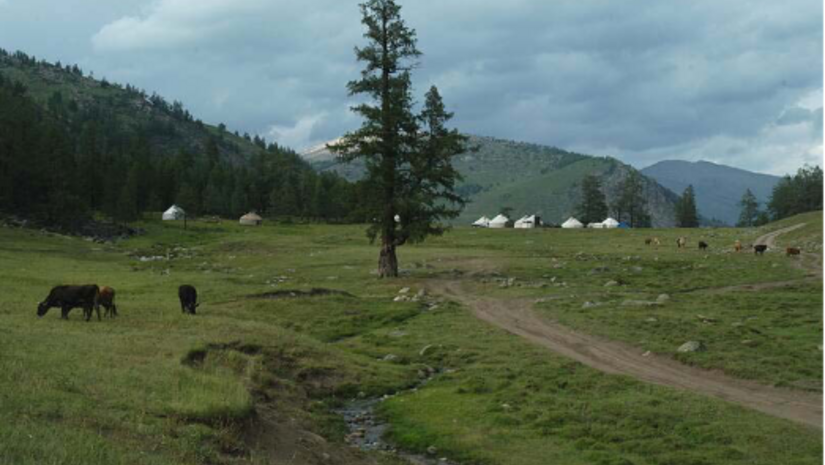WATERCOPE
Abstract
The project WATERCOPE is associated with the International Centre for Development and Decent Work (ICDD) and aims at developing and implementing improved management strategies for land and water resources in the Central Asian Altay-Dzungarian region. It will strengthen local herder and farmer groups as well as national research capabilities and policies that enhance the skills and organization structures of ethnic minorities.
China and Mongolia host about 15 % of the world’s grasslands comprising 5.2 Mio km² of semi-arid to sub-humid winter-cold steppes and semi-deserts providing resources to > 85 Mio people engaged in pastoralism and agricultural activities to sustain their livelihoods. Hydro-geologically, the Altay Mountains and the adjacent Dzungarian Basin form a transborder model region for this ecosystem type where the population is growing rapidly as a result of planned migration and economic growth related to trade liberalization.
The Central Asian Altay-Dzungarian region serves as a water tower area of which the water use rights have recently been contested by Mongolia and China, because water is regarded as key to agro-ecosystem intensification and overall development. Therefore, latent conflicts due to changes in policies, population density, land use and climate change processes are expected.

